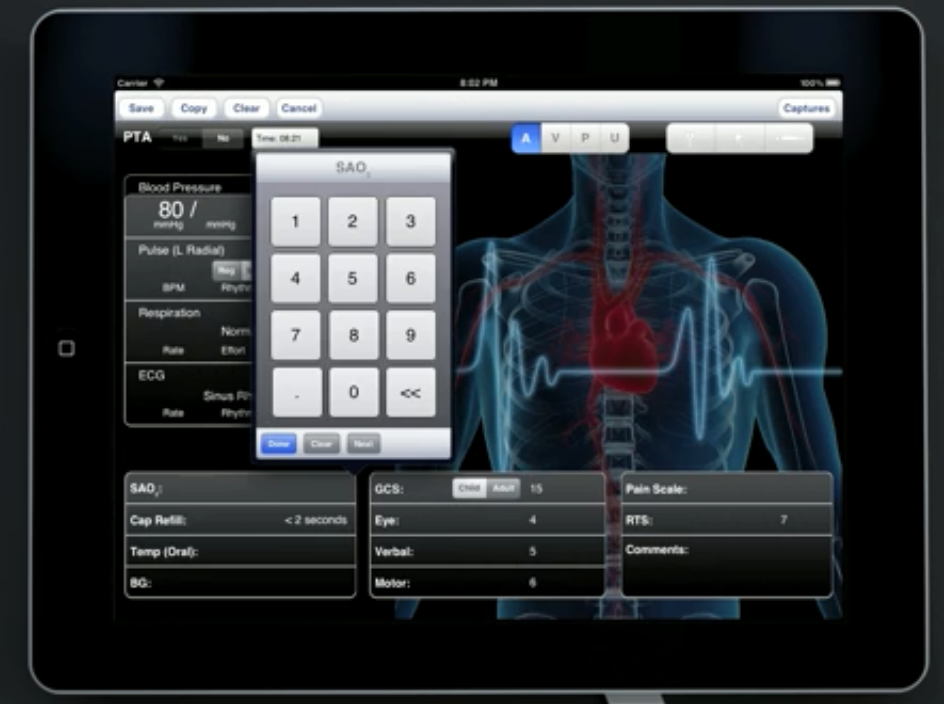

This information should not be considered legal advice applicable to a specific situation. If you have questions about this article, please contact us. This policy should include medical records, billing records, employment records and other administrative records with regards to how long each record must be maintained, how it is stored and how old records are destroyed at the end of the required retention period.Īuthored by Deborah Kichler, RN, MSHCA CAP Senior Risk Manager Risk strategy for physicians: An office record retention policy. Records of pregnant women should be retained at least until the child reaches the age of maturity. Per CMA, “in no event should a minor’s record be destroyed until at least one year after the minor reaches the age of 18.” Records should be kept to 10 years after the patient turns 18 years old.
#PEDIATRIC MEDICAL RECORDS RETENTION PROFESSIONAL#
#PEDIATRIC MEDICAL RECORDS RETENTION PLUS#
Of majority plus 3 years (i.e., until patientģ0 years after the discharge or the finalħ years following the age of majority (i.e.,įor the period of minority plus 7 years.(3)ġ0 years or until patient’s 23rd birthday, Practitioners licensed under this chapter shall maintain health records, as defined in 32.1-127.1:03, for a minimum of six years following the last patient. Made or until the patient reaches the age (Continued) Medical Records Retention Laws by StateĦ years past the age of majority (i.e., until §§ 31-33-2(a)(1)(B)(ii)įull medical records: 7 years after last dataīirth date, diagnoses, drugs prescribed, xray interpretations): 25 years after the lastīasic information: 25 years after the minorĬlinical laboratory test records and reports:įull records: 10 years or 1 year beyond theĥ years from date of discharge or 3 years Records Schedule GS4 for Public Hospitals,ĥ years past the age of majority (i.e., until Of majority (i.e., until patient turns 28).ġ0 years following the date of discharge of the patient. 22, § 70751(c) (2008).ġ0 years after the most recent patient careġ0 years after the patient reaches the age Until patient turns 19) whichever is longer.Ĭal. The provider, or until patient reaches theĬomplete medical records must be retainedĢ years after the age of majority (i.e., untilħ years following discharge of the patient.ħ years following discharge or 1 year after The Medical Records Act states that unless a patient is a minor. Medical Records Retention Laws by StateĦ years as stipulated by basic HIPAA regulations.Īdult Patients: 7 Years after patient dischargeħ Years after discharge or when the patient reaches the age of 21, whichever is longer.Ħ years after the last date of services from HIPAA regulations require that patient documents must be kept a minimum of six (6) years. This chart is available below the state chart. Additionally there are also Federal Guidelines that must be followed for specific instances such as Competitive Medical Plans, Department of Veteran Affairs, Device Tracking. Use this chart to see how long a medical provider is required to keep records until they are allowed to be destroyed. The statute of limitations for keeping medical records varies by state. How Long Each State Requires to Keep Medical Records You can build your own solution and enhance patient experience with digital patient forms or even allow patients convenient access to their own records. Note: If you are a healthcare provider looking for a HIPAA compliant method to store patient records, we recommend Caspio. If there are extenuating circumstances, the covered entity must provide a reason within that 30-day time frame, and the records must still be provided within 60 days. A request for information must be granted within 30 days of the request. HIPAA privacy regulations allow patients the right to collect and view their health information, including medical and bill records, on-demand.


 0 kommentar(er)
0 kommentar(er)
